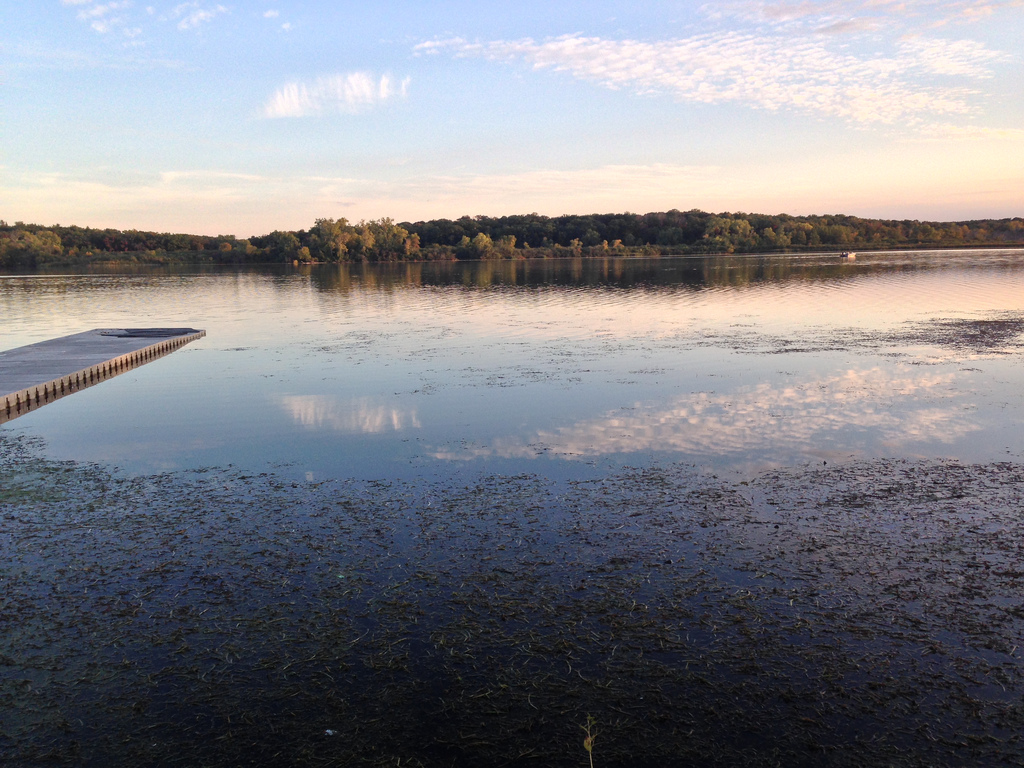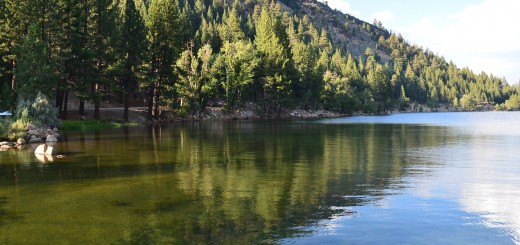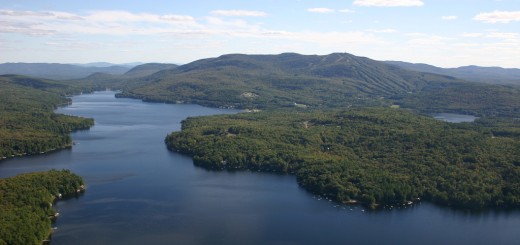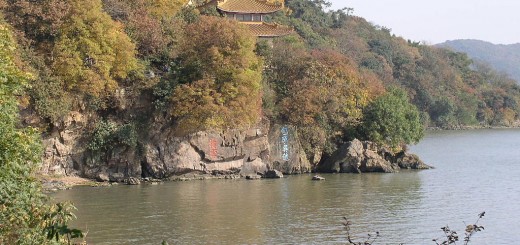Simulating 2368 Temperate Lakes Reveals Weak Coherence In Stratification Phenology
0
Lake Winagra. (Credit: Wisconsin Department of Natural Resources)
Abstract
Changes in water temperatures resulting from climate warming can alter the structure and function of aquatic ecosystems. Lake-specific physical characteristics may play a role in mediating individual lake responses to climate. Past mechanistic studies of lake–climate interactions have simulated generic lake classes at large spatial scales or performed detailed analyses of small numbers of real lakes. Understanding the diversity of lake responses to climate change across landscapes requires a hybrid approach that couples site-specific lake characteristics with broad-scale environmental drivers. This study provides a substantial advancement in lake ecosystem modeling by combining open-source tools with freely available continental-scale data to mechanistically model daily temperatures for 2368 Wisconsin lakes over three decades (1979–2011). The model accurately predicted observed surface layer temperatures (RMSE: 1.74 °C) and the presence/absence of stratification (81.1% agreement). Among-lake coherence was strong for surface temperatures and weak for the timing of stratification, suggesting individual lake characteristics mediate some – but not all – ecologically relevant lake responses to climate.
Full study published in Ecological Modelling available under Creative Commons License 3.0.













